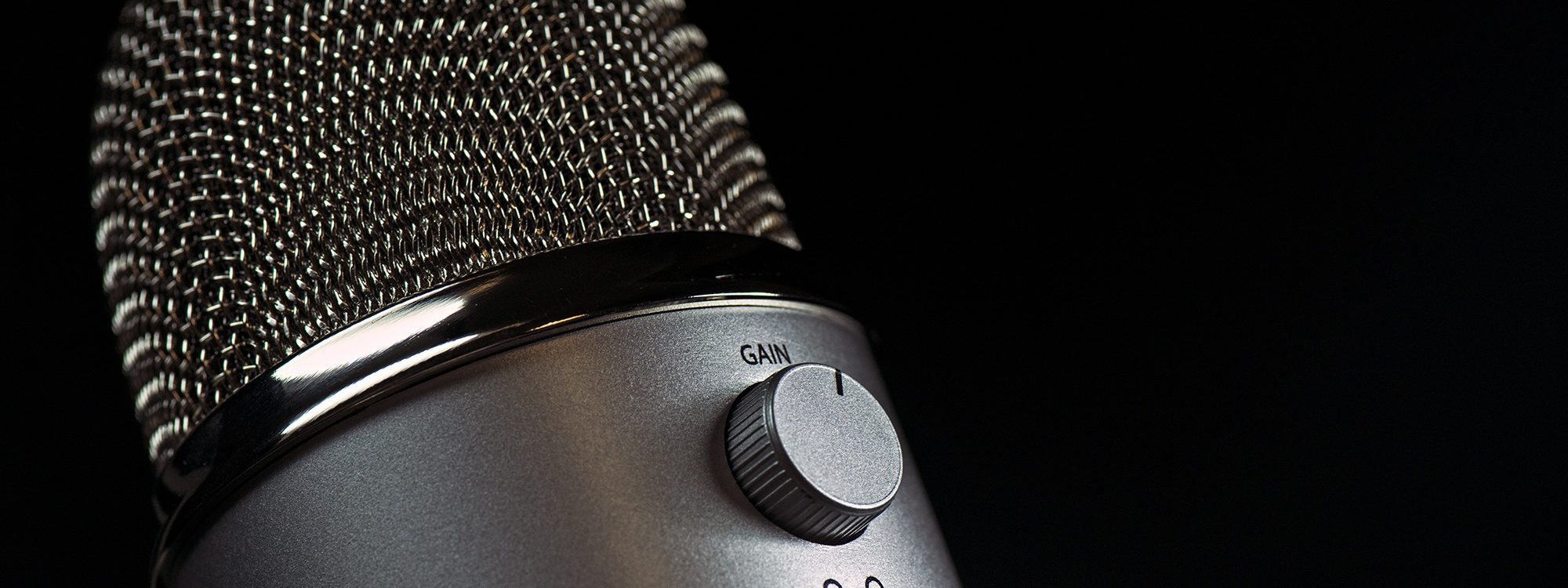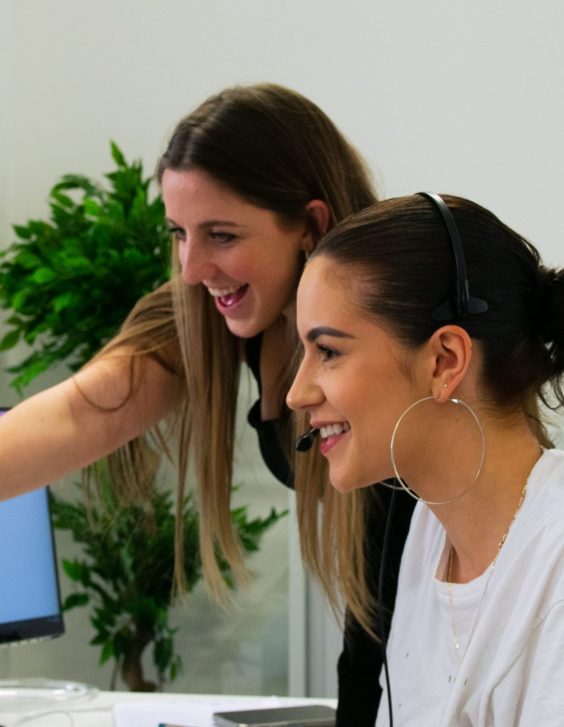What is Happening to BBC Local Radio?
As the BBC announces a financial emphasis on its digital offerings, local radio programming is being economised. In this short piece, Broadcast Revolution's Head of News, Mike Young, who worked as a presenter, editor and producer at the BBC, shares his thoughts on the direction of the network and what it means for the listener, aspiring media professionals, and brands who look to local stations to get their message out.

BBC local radio has been in the news a lot in the last few days.
More details have been emerging about the plan to move a lot of its funding and resources across to serve the growing digital and online arm of the BBC.
There’s no denying that local radio services are, therefore, being cut back.
As I understand it, the local radio “Breakfast” and “Mid-Morning/Lunchtime” shows (the progs on air between 6am and 2pm each weekday) will all stay truly local (usually serving just one county).
However, after 2pm, many of the “Drivetime” programmes are merging. This will see a BBC region have just one regional radio drivetime show rather than three or four different local (county) ones. A lot of weekend programmes are going the same way.
It means the end of the line for a lot of long-serving presenters and producers on the close to 40 BBC local stations. As a lover of broadcasting I find that very painful to hear about.
I started my BBC career in local radio. First at BBC Radio Northampton and then moving on to be news editor and a presenter in my own right on BBC Radio Nottingham.
It was still a time of plentiful resources and I was one of six presenters in the regular daytime line up. It’s sad to hear that Radio Nottingham will now only have two weekday daytime presenters based in Nottingham serving that loyal county audience.
BUT what does it mean for you if you’re aspiring to be on the air on a BBC local station?
Well actually, there’s a lot of radio programmes to aim for still.
The breakfast and lunchtime programmes will tend to last about four hours each. That’s a long programme! And that means hard-working producers will be keener than ever to get good guests with a story that appeals to their audiences. That means offering them local data, local case studies etc.
And while there are fewer 2pm to 6pm progs to aim for, when you do appear on one of the new regional shows, it will have a much bigger audience and you’ll be heard across several local stations all at once.
There are still going to be 20 different regional drivetime shows.
BBC local radio still has a lot of life in it and there are currently almost eight million listeners to the 39 stations combined. That’s a massive figure. We are really looking forward to working with the talent that will still be broadcasting to those loyal local radio audiences.





